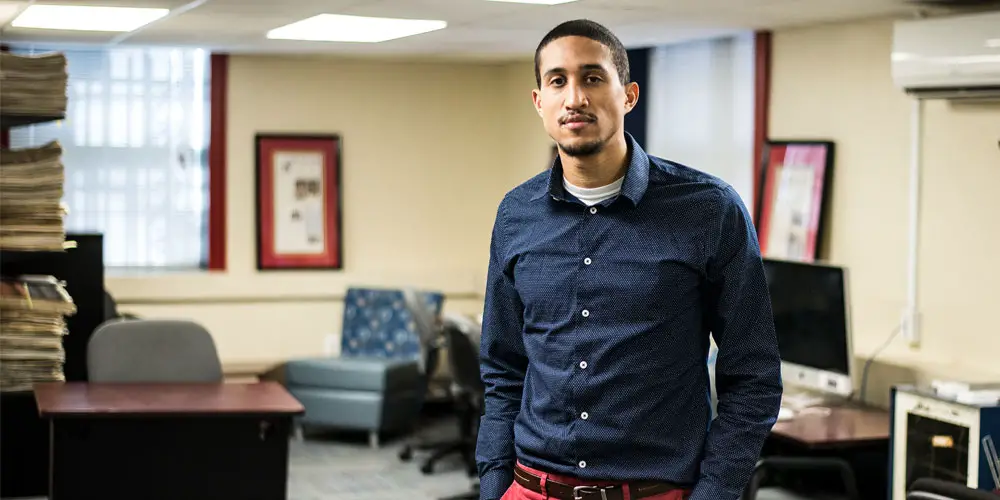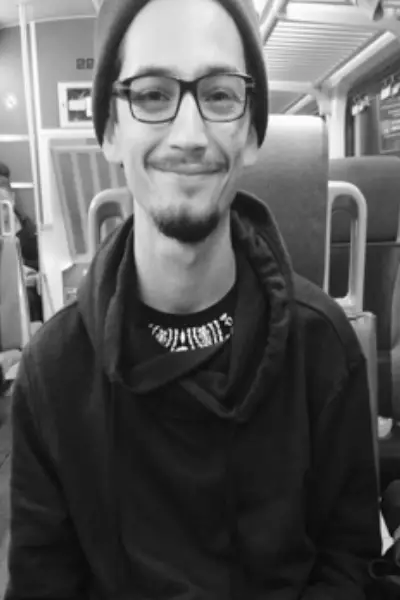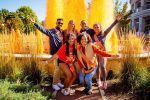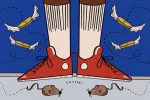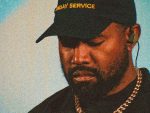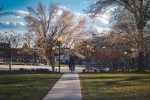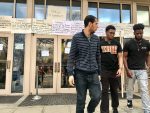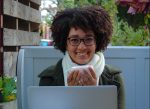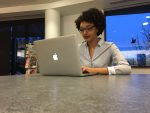After serving the United States Army as a public affairs specialist and completing several tours overseas, Paul Holston finished his five-year military career in 2014 and set his sights on completing his education at Howard University, a historically black college, where he became the editor in chief of “he Hilltop, the school’s prestigious student newspaper.
Holston is pursuing a degree in journalism and minoring in photography, using skills he learned serving in the military and applying them to his future career as a journalist. Though many have lost faith in news media following the presidential election and fake news scandals, Holston is on a mission to uphold what he considers to be the fundamental purpose of journalism — providing the public with the truth.
I spoke with him over the phone about his experiences in the military, his role as Editor in Chief of The Hilltop, racial tensions in America and his outlook on the changing landscape journalism.
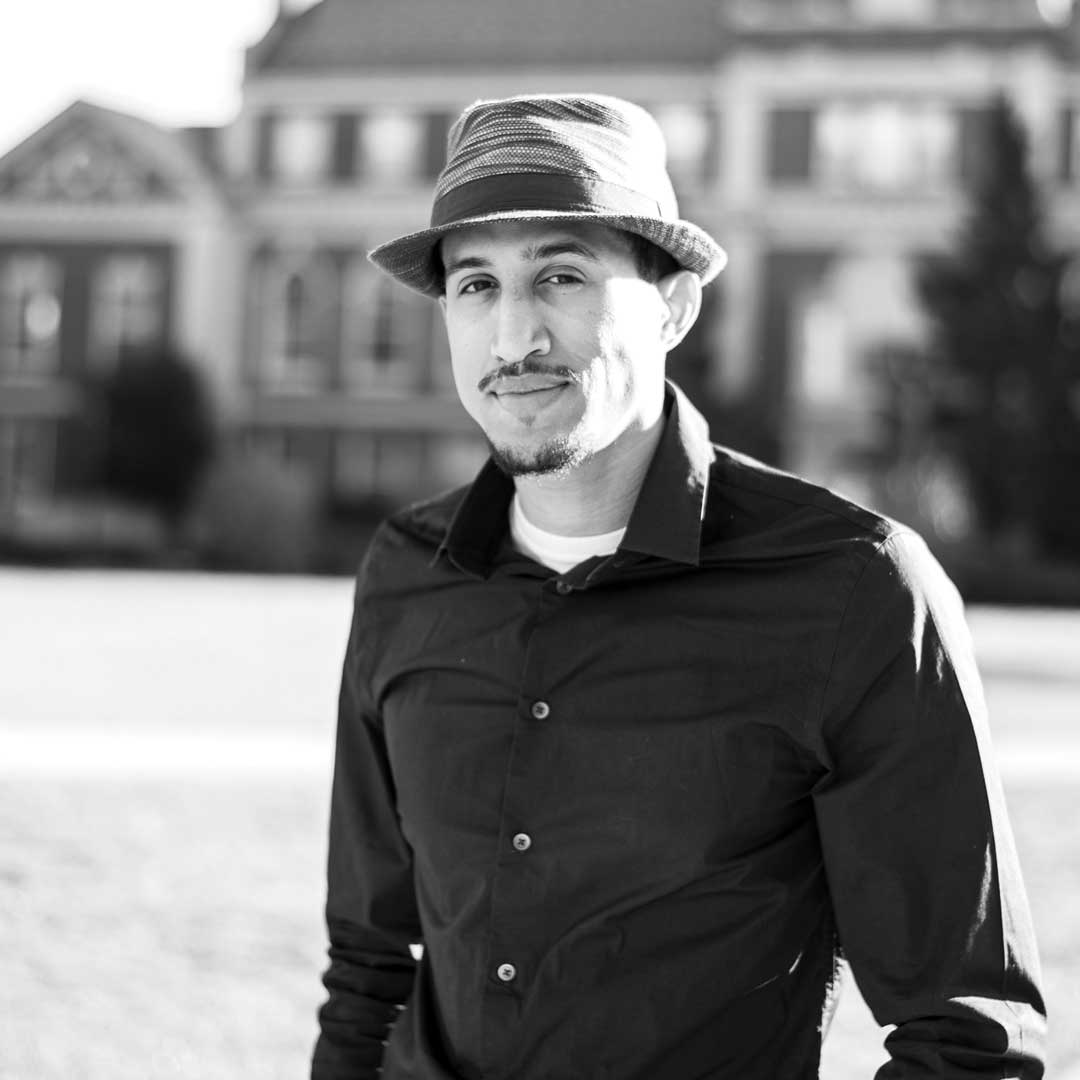
Kevin Cordon: What was it like for you growing up?
Paul Holston: Both of my parents are Air Force veterans and were based in Sumter, South Carolina. After she completed her service, my mother decided to move to Summerville, South Carolina, which is where I grew up. It’s an interesting place; growing up and seeing the places I’ve seen now, my childhood was pretty good.
I didn’t want to go into journalism growing up, and I didn’t really even know what I wanted to do: At one point I wanted to be a psychologist, and at another I wanted to do video game design. Journalism didn’t register with me until about seven years ago, when I joined the military after graduating high school.
KC: Considering both your parents were Air Force veterans, did you always see yourself joining the military?
PH: Funny story — my primary reason for joining was to get money for school. At the time, when I got out of high school, I went into community college for a semester. I really couldn’t afford school at that time, so my mother had brought up the idea of going into the military. That wasn’t my goal after high school at all; my goal was to get out of high school and go directly to a four-year college, get a degree and go pursue whatever that career was.
My parents were both in the Air Force, so that was the number one choice, but I wanted to challenge myself, so I decided to go in the Army. I served as a public affairs specialist, which is a mix between a reporter and a photojournalist. I did that for five years, completed my contract and was eligible for the post-9/11 GI Bill, which helped me pay for the majority of my schooling.
Those five years got me to where I am now, where I’m finishing my bachelor’s degree at Howard University; it’s been like an eight-year journey through college, but I like to tell people, “It’s not how you start, it’s how you finish.”
KC: Did you fall in love with journalism after working that role?
PH: Absolutely. I never liked reading or writing growing up; I didn’t like English classes. Within that job though, you learn how to write news releases, newspaper articles and do photography — pretty much telling the Army story. The aspect of “telling the story” really inspired me to pursue journalism after.
Going from military journalism to civilian journalism, I realized it’s similar, but different in terms of what the target audience is. For me, through journalism, I want to assist in holding the powerful accountable and giving a voice to the voiceless.
KC: Why did you choose Howard University after completing your military contract?
PH: As I was leaving the military, a lot of my mentors were alumni of History Black Colleges or Universities, or HBCUs, and they really wanted me to consider an HBCU. There were so many other colleges I could’ve chosen, especially with the benefit of having it paid for, but I looked at the journalism program at Howard and I liked the mission statement and all the opportunity that being in Washington D.C. would afford. I considered others, but Howard was literally the only school I applied for and I got accepted.
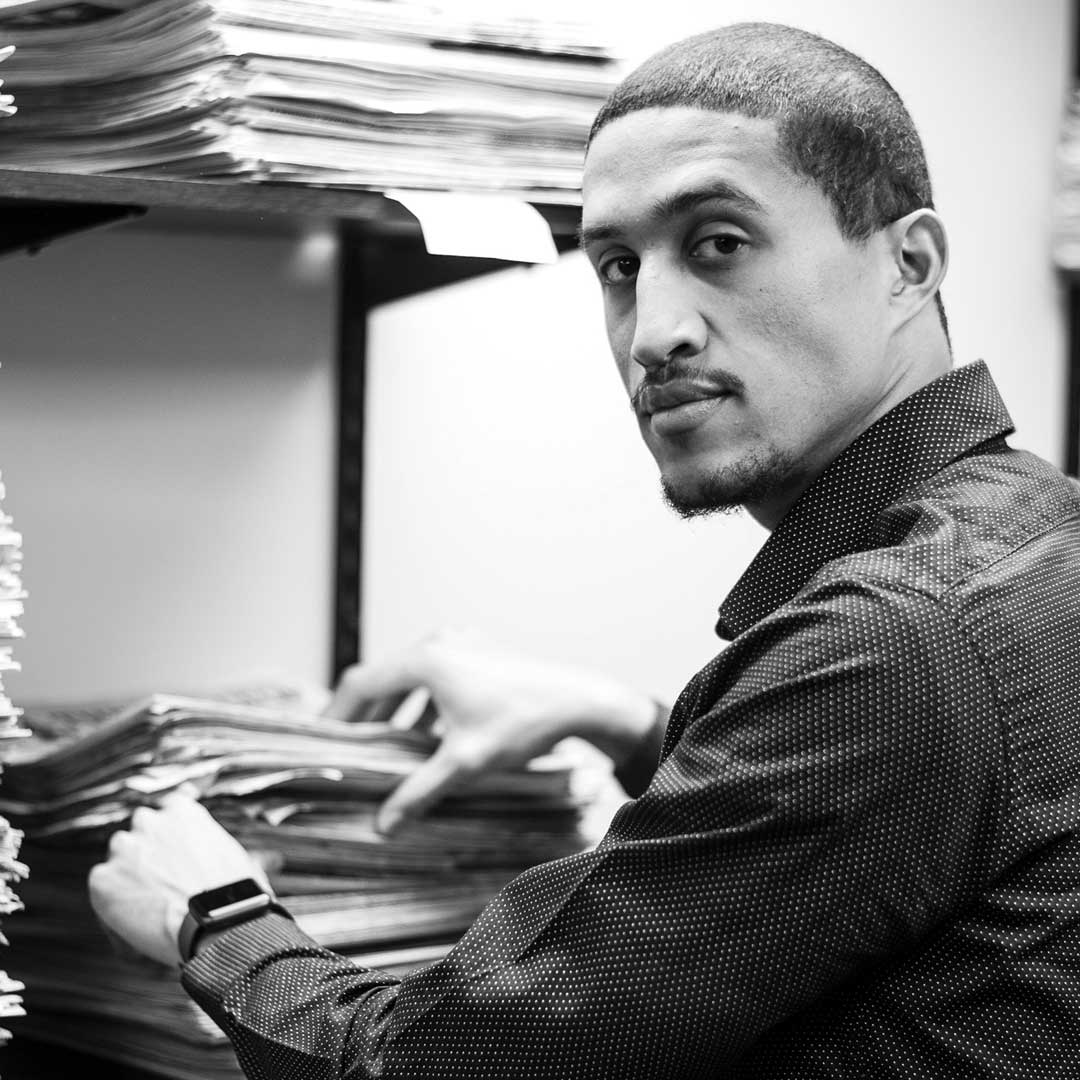
KC: How was the transition from being in the military to being a full-time student?
PH: It took me about two years to adjust from going from military to civilian, because you go from a place where everything is structured and scheduled, to having the freedom to choose your schedule and outfit. Being a little older than a lot of my peers, it took time to find my place and embed myself as a college student, which is why I got involved in student organizations on campus.
It was a unique challenge interacting with people who don’t understand the military background and to familiarize myself with doing homework and assignments, but, over time, as I got more involved, the burden of those challenges became easier.
KC: How did you get involved with Howard’s newspaper, The Hilltop, and become editor in chief?
PH: Initially, I never saw it as a goal to be editor in chief. I’m a humble person, and while that five-year journey gave me some valuable experiences, I consider myself a lifelong learner. Despite the experience I had, when it came to journalism, I saw myself as a clean slate after leaving the military.
I wanted to get involved with the newspaper, so I looked up the history of The Hilltop and discovered that it was co-founded in 1924 by Zora Neale Hurston and Eugene King. After that, I went to Founder’s Library on campus and found old archives of the newspaper.
I started off as a contributing writer and over time just got myself involved, and eventually I grew to love working with the newspaper. I moved up, as everyone does in college, going from being a news editor to editor in chief, all with the hope of using my skills to better the newspaper.
What really inspired me was going through those archives of The Hilltop from the ‘50s and ‘60s during pivotal times in our history. The Hilltop covered a lot — not just on campus, but local events in D.C.
KC: What kind of challenges come with being the editor in chief of a nationally recognized student newspaper? How has that role been for you thus far?
PH: There was very little transition at all, and the challenge was the lack of resources and the declining popularity of print media. I came into the newspaper at a point at which I realized that a lot of media was converting to digital formats, so the current challenge for college media was to converge what we’ve become accustomed to with print to the digital space. We have to transition to the times.
Also, once I got the role of editor in chief, nobody really transitioned it to me; they just handed it to me and said, “Good luck this year, we’ll help you anyway we can.” This semester has been a lot of trial and error in regard to revamping the digital platform of The Hilltop. We’re Howard University-funded, but most of our finances come from advertising. We’re editorially independent, but the challenge with that is a lack of resources that other student newspapers receive.
KC: How do you balance the role of E.I.C with being a full-time student?
PH: I’m not going to lie — I probably should have asked someone whether taking 19 hours and taking on that role was a good idea, which it wasn’t. But, somehow, someway, you just have to make the time to balance it.
There have been plenty of times, because I’m so committed to this newspaper, that I’ve been in the office longer than anyone else and stayed overnight to double-check everything. I really didn’t have a life this [fall] semester, at all. There were a couple times I skipped classes to cover an event or missed class to meet a print deadline, and make sure everything online was uploaded properly.
Anyone in this position always wants to be the best editor of their newspaper, but at the same time, it’s not so much about what I’m doing this year, it’s how we continue the legacy of this college newspaper. The person who takes over after me has to have some sort of motivation to do better than me, to keep the standard of the newspaper together. In terms of balancing both, I just did it. Some days I didn’t sleep.
KC: Being an HBCU, how has the Howard student body responded to the events of the last year? The Trump presidency, police brutality, Black Lives Matter, etc.?
PH: We have students that are members of Black Lives Matter on campus, and the student government association is very proactive in social justice and advocacy. For many of the conflicts happening across the nation, they primarily involved people that look like us, so a lot of organizations on campus have aligned themselves with social justice and advocacy organizations in the D.C. area.
I’m optimistic for what students are going to be doing moving ahead. I think it reignited a lot of student activism, in terms of what Howard stands for, to rise above. I think Howard will be involved, in a national light, in regards to issue like police brutality, voter suppression and other issues in the D.C. area, like homelessness. At the end of the day, it’s about what we do to hold those in power accountable.
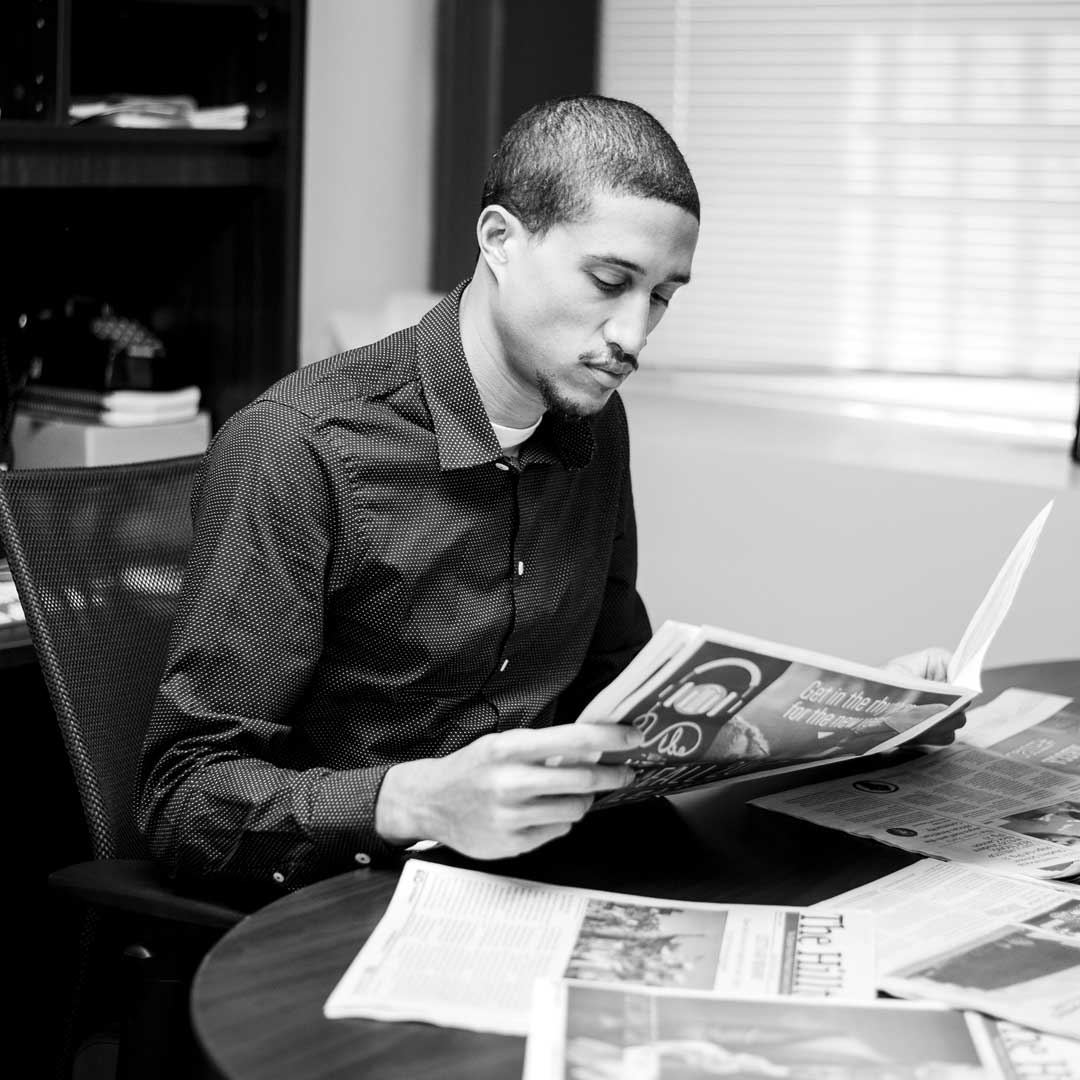
KC: Do you think the election was a wake-up call for our generation to be more involved in politics?
PH: 100 percent yes. That’s the silver lining to Donald Trump becoming the 45th president. Politics can be very complicated, but we have to continue to be involved. It’s our duty to challenge the status quo and hold the powerful accountable, and being informed politically gives a voice to the voiceless.
It’s unfortunate, but I feel like the value of being a human has decreased to the point where people look at bodies as little-to-nothing nowadays. It doesn’t matter what color, race or religion you are; you’re still human. I realize, though, that there are specific, marginalized groups that are more oppressed than others, and that’s what I focus on, being both an African American and Latino student.
KC: Do you feel the press failed in their coverage of the election?
PH: I’d say it’s 50-50. Clearly, there was bias in the election coverage from some news outlets, and there was unequal coverage among the political parties, so I feel the media played a big part in how the election resulted. They don’t have full responsibility, but it is the press’ job to inform the public in an accurate and timely manner, and I wouldn’t say every outlet did that.
That’s the difference between journalism and media — nothing is ever 100 percent unbiased; I think that’s almost impossible. But, you can be as objective as possible in giving the truth with accurate reporting, and letting the readers interpret it in the way they see fit. Some of the things that happened during the election were crazy, but you have to just report them and let the audience interpret it.
KC: In regards to fake news, how can we determine validity and filter our news so that we know what we’re reading is credible information?
PH: At the end of the day, people have to do their own research. That’s the biggest takeaway from fake news. The digital age has made it so easy for media outlets to just focus on who gets information out first, instead of checking to make sure its credible.
KC: What role does social media play in the future of journalism?
PH: Social media is a gift and a curse: A gift in that information is timelier than ever, with news coming out second-by-second, and a curse in the lack accuracy and the truthfulness. Fake news sites and social media accounts can build these massive followings, which results in the well-researched information of credible news outlets being negated by 140-character tweets. I still have that old-school ethic in terms of not always being the first person to put something out, but having it be the most accurate.


